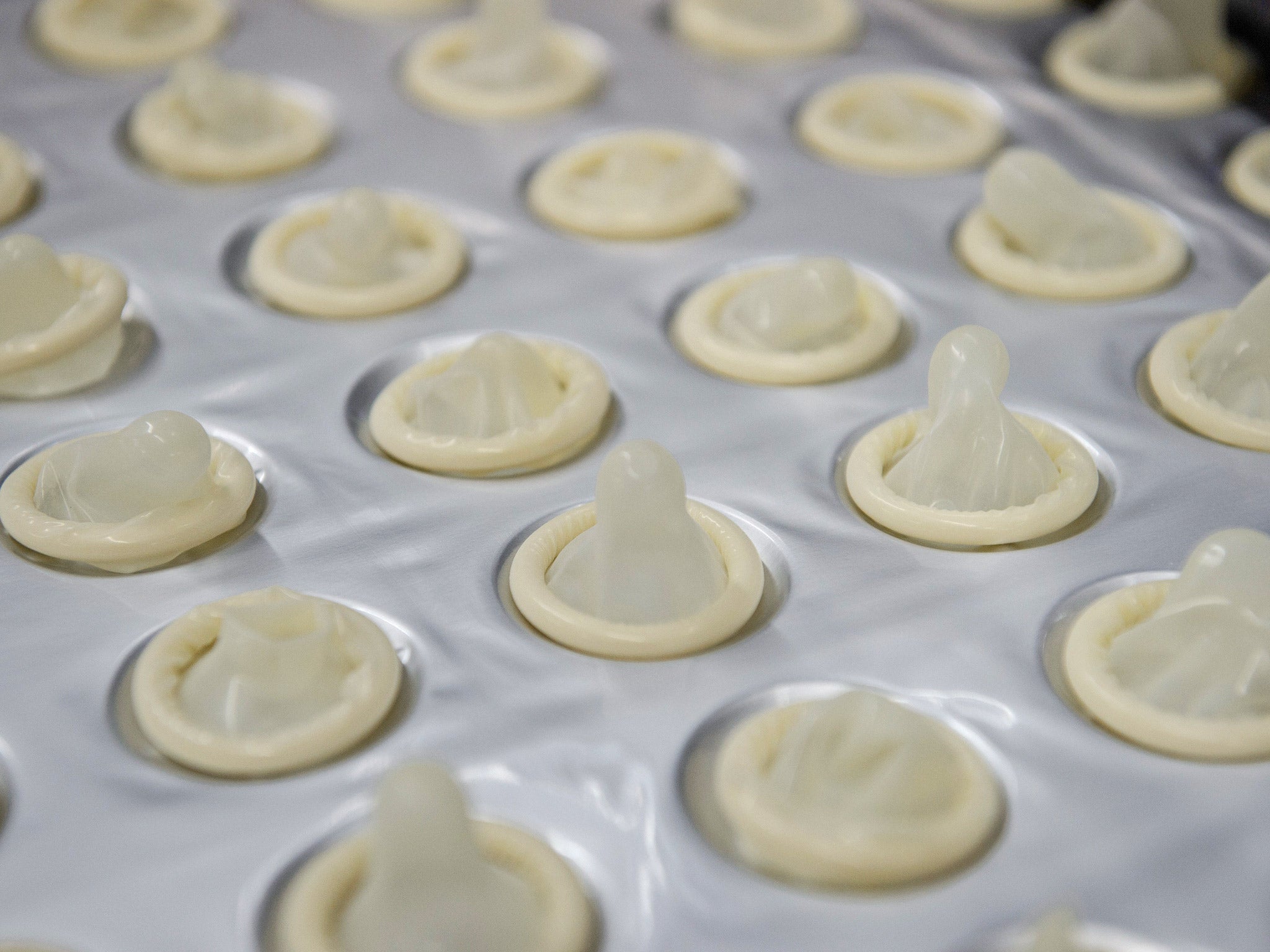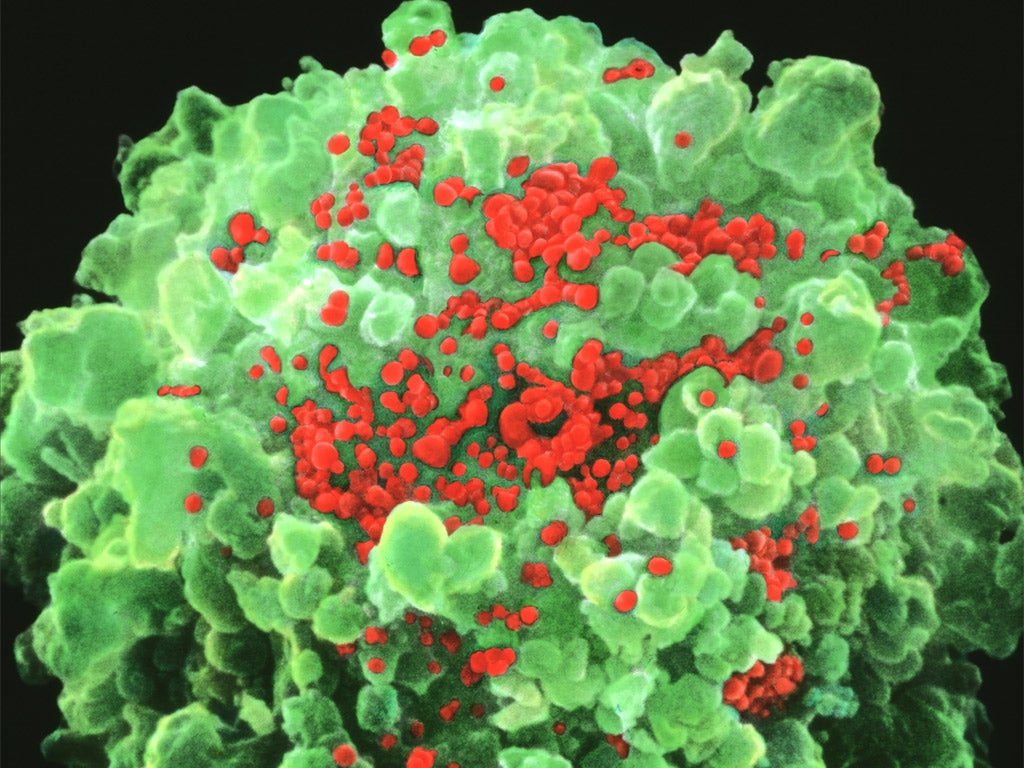HIV pill: The logic of paying £500 a month so gay men don’t have to wear condoms
It could save hundreds of millions of pounds that would be spent on treating HIV infections

Your support helps us to tell the story
From reproductive rights to climate change to Big Tech, The Independent is on the ground when the story is developing. Whether it's investigating the financials of Elon Musk's pro-Trump PAC or producing our latest documentary, 'The A Word', which shines a light on the American women fighting for reproductive rights, we know how important it is to parse out the facts from the messaging.
At such a critical moment in US history, we need reporters on the ground. Your donation allows us to keep sending journalists to speak to both sides of the story.
The Independent is trusted by Americans across the entire political spectrum. And unlike many other quality news outlets, we choose not to lock Americans out of our reporting and analysis with paywalls. We believe quality journalism should be available to everyone, paid for by those who can afford it.
Your support makes all the difference.At a time when the NHS is under immense financial strain – some might say bankrupt – it may seem odd to suggest that the health service pay nearly £500 a month for a gay man to take a daily pill so that he doesn’t have to wear a condom.
However, the scientists behind this clinical trial believe that a policy of offering daily drugs aimed at curbing new HIV infections within certain high-risk groups of men who have sex with men may actually save the NHS money in the long term.
Prophylaxis is about avoiding disease. In this case, a daily dose of Truvada, a combination of two anti-retroviral drugs, could in some circumstances avoid HIV infection and the associated lifetime costs of treating a man with HIV-Aids.
In Africa, clinical trials have shown that people who are already HIV-positive become less infectious when given anti-retroviral therapy because the drugs lowers the viral load circulating in their bloodstream. Some scientists have even suggested that widespread use of anti-retrovirals could curb the HIV epidemic in Africa and may even snuff it out within a generation.
The Proud trial is fundamentally different. For a start it is about giving drugs to HIV-negative individuals, rather than HIV-positive patients, in order to prevent them becoming infected in the first place. Secondly, the trial was directed at gay men, specifically those who did not always wear condoms during high-risk sex.
The fact that there are some 2,800 new infections a year among gay men suggests that condom use is not what it should be. This is despite years of public health campaigns and a widespread understanding of the risks – which is why prophylactic drug use is being considered as an additional strategy.

Health economists will have to make a judgement about whether it makes financial sense to offer prophylactic treatment to HIV-negative gay men. To do this they will have to weigh up a few numbers.
The first is the cost of prophylactic treatment with Truvada, estimated at about £423 a month for the pills and healthcare. This is not expected to be a lifetime cost, more a “seasonal” cost over a few months or years, based on the time of a person’s life when they are most likely to be having risky sex.
The second figure is the cost of the lifetime treatment of someone who becomes infected. This is between £280,000 and £360,000, amounting to a total cost of about £800m for England. Based on these figures alone, prophylactic pills offered to high-risk gay men seem to be good value if they avoid a significant number of people becoming HIV-positive.
Anther number that needs to be considered is how many gay men are likely to qualify for NHS prophylactic treatment with Truvada. This is a difficult one to estimate because it will depend on how prone they are to having risky sex without using a condom.
There are about 80,000 sexually active gay and bisexual men in England who are HIV-negative and seek sexual health services. About 18,000 of them are diagnosed each year with sexually transmitted diseases, indicating a high-risk lifestyle. About a quarter or more of them are expected to be eligible for Truvada.
The Proud study found that prophylactic treatment with a daily pill offered 86 per cent protection. Another way of looking at this is saying that 13 HIV-negative men will have to be given Truvada in order to prevent one infection – which is actually quite a good hit rate for this kind of prophylaxis.
Another issue to be considered are side-effects. All drugs can cause unwanted symptoms, and Truvada can cause mild and transient problems, such as nausea, joint pain and sleep disturbances. But for most people it is well tolerated and harmless.
A final concern is whether making it available as a prophylactic will reduce the use of condoms. The Proud study suggests it doesn’t, but it did not prove it unequivocally. One of the biggest worries in offering it widely is that some men will drop condoms in favour of a daily pill – which was never the intention.
Join our commenting forum
Join thought-provoking conversations, follow other Independent readers and see their replies
0Comments